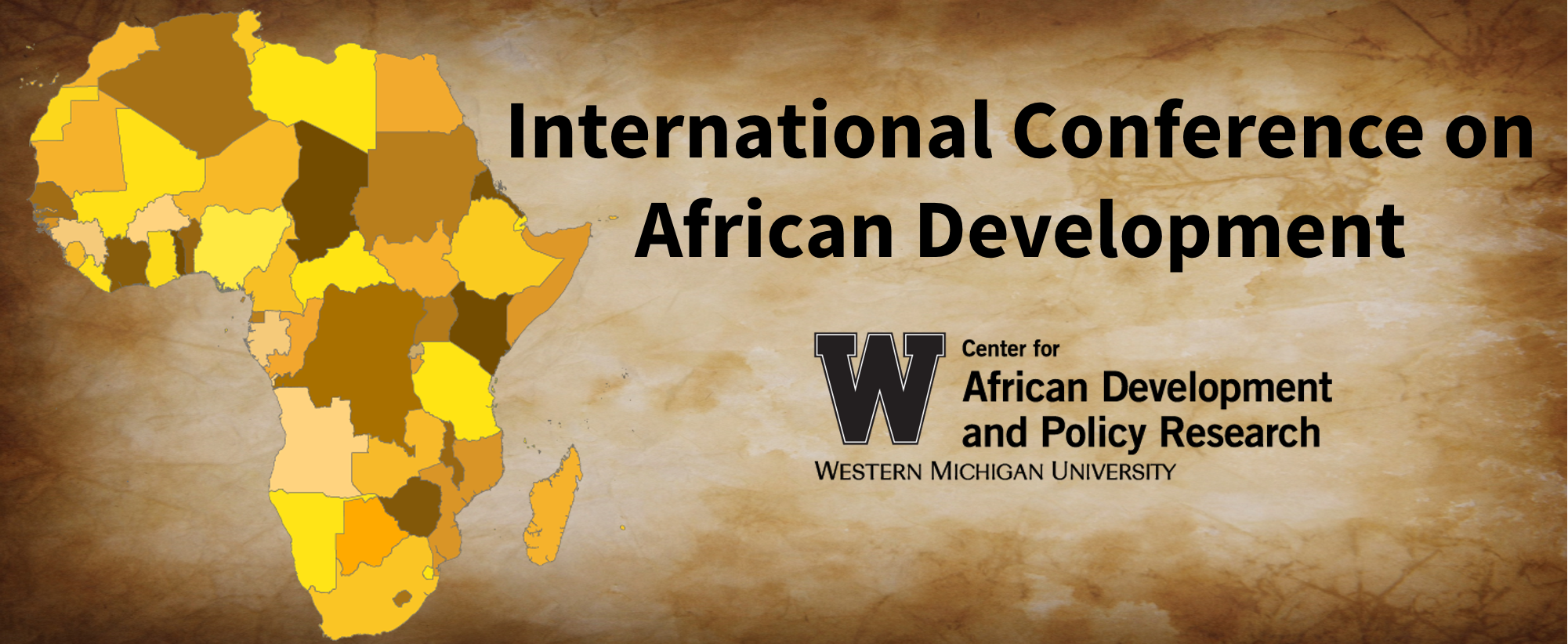1.1 Defining Health in the 21st Century
Presenter's country
United States
Start Date
17-8-2018 9:30 AM
End Date
17-8-2018 10:30 AM
Location
Bernhard Center 105-107
Submission type
Presentation
Abstract
Immobility, unhealthy dietary practices, and harmful behaviors are important contributors to the health problems of the general public. We are faced with national and international killers of chronic health problems. These include heart disease, cancer, lung disease, stroke, Alzheimer’s, diabetes, kidney disease, lung infections, accidents, and suicide. In order to effectively address modern day individual, family and community health, a paradigm shift is needed in terms of health care approaches. Integrative medicine in school curricula, wholeness and ministry oriented health care in the community, and individualized health services are revolutionary approaches. Without addressing the whole person which includes body, mind, spirit and relationships, health service cannot be complete. This presentation will address a diverse scientific audience regarding a broader and diverse approach to health suitable for the 21st century. The new public health approach needs a new definition in context that is preventive in nature and participatory in practice. Forming and developing healthy lifestyles through step-by-step changes in dietary habit, increased physical activity, and behavioral and spiritual changes are important components of holistic health approaches. It encourages specifically designed community participation in which parents become the role models for the healthy lifestyle of children. Parents should be aware of setting boundaries, values and attitudes for children in tackling unhealthy eating habits, sedentary activities, and harmful behaviors. Raising awareness towards an integrative approach to the wholeness of health among seniors, adults, and parents is as important. Developing lasting behaviors and good habits should lay a foundation in homes in order to cope with the reality in schools, work places and religious institutions. Implementation of a wholeness and ministry approach to lifestyle changes and social networking can be enhanced through activities such as forming good daily habits, forming new friends, having one-to-one conversations, and attending seminar series. In terms of nutrition and exercise, there are several resources of recommended models people could choose from e.g. USDA, CDC, Harvard University and the Daniel Plan.
In regard to exercise, simple regular movements within existing recommendations help tremendously. Behavioral changes to foster healthy life approaches can be enhanced through spiritual development such as regular fellowship, and inspirational and spiritual devotion with bible study, meditation and prayer as important elements. Ministry and voluntary support of others should be another important element of a holistic health approach. In conclusion, the integrative approach to health through addressing the whole person should be the best health care model for an individual, family and community in the present day and age.
1.1 Defining Health in the 21st Century
Bernhard Center 105-107
Immobility, unhealthy dietary practices, and harmful behaviors are important contributors to the health problems of the general public. We are faced with national and international killers of chronic health problems. These include heart disease, cancer, lung disease, stroke, Alzheimer’s, diabetes, kidney disease, lung infections, accidents, and suicide. In order to effectively address modern day individual, family and community health, a paradigm shift is needed in terms of health care approaches. Integrative medicine in school curricula, wholeness and ministry oriented health care in the community, and individualized health services are revolutionary approaches. Without addressing the whole person which includes body, mind, spirit and relationships, health service cannot be complete. This presentation will address a diverse scientific audience regarding a broader and diverse approach to health suitable for the 21st century. The new public health approach needs a new definition in context that is preventive in nature and participatory in practice. Forming and developing healthy lifestyles through step-by-step changes in dietary habit, increased physical activity, and behavioral and spiritual changes are important components of holistic health approaches. It encourages specifically designed community participation in which parents become the role models for the healthy lifestyle of children. Parents should be aware of setting boundaries, values and attitudes for children in tackling unhealthy eating habits, sedentary activities, and harmful behaviors. Raising awareness towards an integrative approach to the wholeness of health among seniors, adults, and parents is as important. Developing lasting behaviors and good habits should lay a foundation in homes in order to cope with the reality in schools, work places and religious institutions. Implementation of a wholeness and ministry approach to lifestyle changes and social networking can be enhanced through activities such as forming good daily habits, forming new friends, having one-to-one conversations, and attending seminar series. In terms of nutrition and exercise, there are several resources of recommended models people could choose from e.g. USDA, CDC, Harvard University and the Daniel Plan.
In regard to exercise, simple regular movements within existing recommendations help tremendously. Behavioral changes to foster healthy life approaches can be enhanced through spiritual development such as regular fellowship, and inspirational and spiritual devotion with bible study, meditation and prayer as important elements. Ministry and voluntary support of others should be another important element of a holistic health approach. In conclusion, the integrative approach to health through addressing the whole person should be the best health care model for an individual, family and community in the present day and age.


